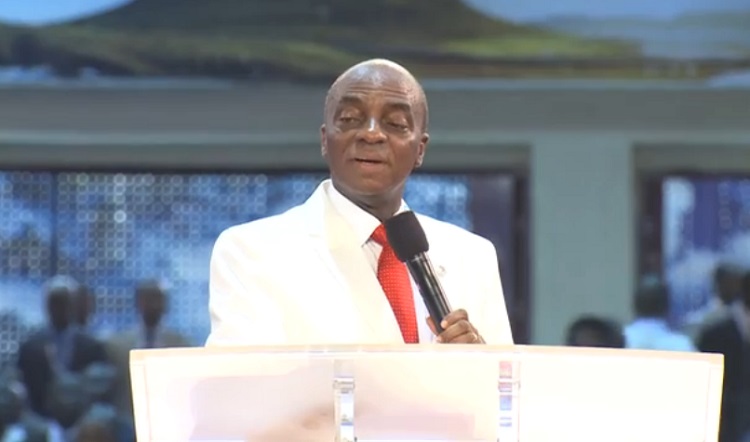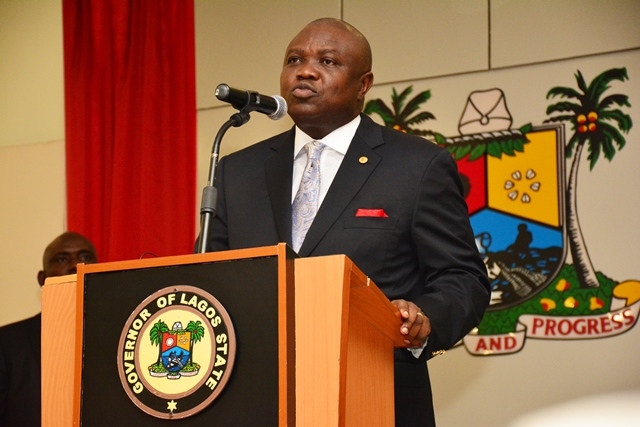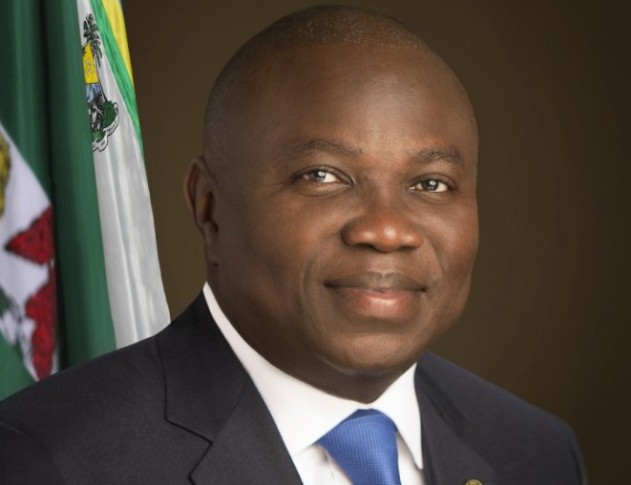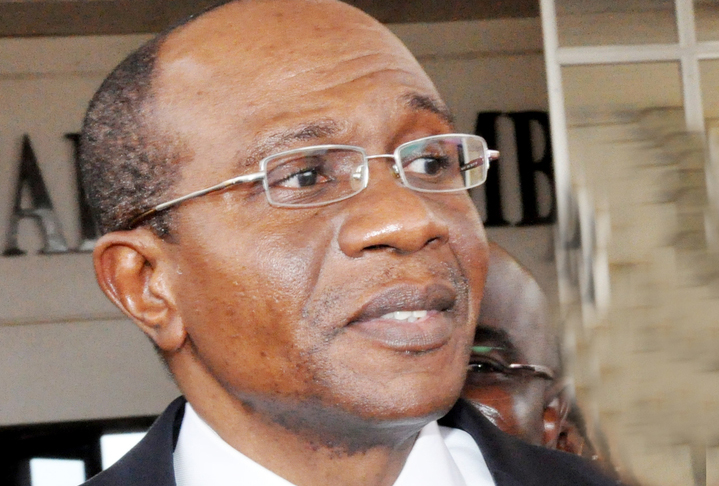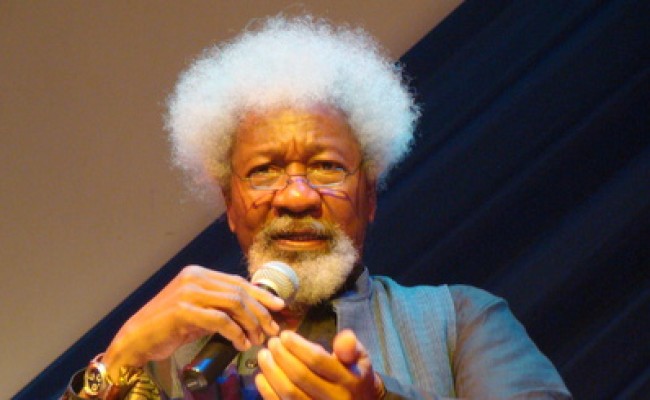According to an article in the Christmas edition of The Economist, 105 years ago when Africa had a population of about 100 million, roughly nine percent was Christian. With a population of nearly one billion today, the continent’s Christian population has grown to 55 percent or 550 million, the fastest in any region in the world.
In Nigeria, one of the continent’s religious capitals, churches have bought off warehouses formerly used by manufacturers and converted swathes of arable land to prayer towns and cities. The business of serving God has expanded rapidly, with harvests in works of charity, but increasingly also, returns from subsidiary profit units like schools, consultancies, fast food chains, estates and merchandising.
And all of this is happening in spite of adverse business conditions. Business used to despise the church, treating it like the biblical Lazarus, fit only for the crumbs from the master’s table.
No more. A 2011 report by Forbes estimated the worth of the five richest Nigerian pastors at $200million, with Bishop David Oyedepo’s Living Faith Outreach World Ministry alone valued at $150m.
Advertisement
That was before Pastor Enoch Adeboye commenced building the Redeemed Christian Church of God’s three-kilometre auditorium; before Pastor Ayo Oristejafor received his brand new Gulf Stream jet; and well before Pastor TB Joshua increased his collection of topnotch membership to at least half a dozen African heads of state, the latest of whom is Tanzanian President, John Magufuli.
The membership profile of today’s church and its capacity to mobilise assets is master class for any quoted company planning a public offering. Business must eat the humble pie. It must ask itself what it can learn from the church.
In no particular order, I think the first thing is that business must learn to think immortality. A number of churches I know, especially in Pentecostal circles where I have spent nearly 35 years of my life, see themselves as porters of immortality. While the pastors make no bones they will live forever, they see themselves invested with their members in a vision that will not die.
Advertisement
Whatever members invest in time, talent or energy is rewarded here and hereafter. In the business of preparing for eternity, what you do today is just as important as what you do everyday, to get you over the line.
Business, on the other hand, tends to think and behave short-term. It’s true that inconsistent government policies can make planning a headache, but sometimes, business can get so distracted by its own past or immediate successes or failures it hardly notices the life-threatening changes around it.
How could MTN, for example, not see that it needed to deal with public perception of it as Robin Hood and begin to create its own eternity, a future – or even an appearance of a future – as an inclusive company? Now, see the price it has to pay, a hefty, cruel price, no doubt, for its self-absorption.
Business may have been ahead of the church on innovation, but that was before the church took theology to the marketplace. It’s difficult to say exactly at what point, but it was most probably in the 1990s. The Pentecostal church cast its net in the direction of professionals most of who either disdained the shabby portrayal of the pulpit or thought of themselves too busy to combine work with ministry.
Advertisement
The church offered an irresistible remedy: market place theology, a chance to serve God, side by side with the flexibility to do Marmon, in a way. It was a perfect win-win for members who needed an appearance of godliness to be at peace with their growing prosperity but couldn’t afford to be full-time church members; and the church, which lacked the competence and managerial skills required to reposition itself.
Before corporate governance became a fad in business, many churches had made a leap start, by using the expertise of professionals in their board of trustees, in advisory capacity.
When business was still experimenting with product differentiation, market segmentation and consumer research, churches like the RCCG had separated “model” from “classical” parishes, and Daystar Christian Centre was already using data by management consultants like Leke Alder and professional advertisers to plan its services.
Every time business talks about multiple streams of income, or to use the officialspeak, the need for diversification, I’m reminded that it’s a familiar road for the church. Apart from incomes that a number of churches make from their franchises, which range from fast-food shops to the sale of CDs and MP3, and from estate management to consultancies, a number of them have grown by expanding membership to other countries, setting up branches there and earning foreign exchange.
Advertisement
For example, Southern and Eastern Africa constitute an increasingly significant part of the income of Pastor Chris Oyakhilome’s Believers Loveworld Incorporated, Joshua’s Church of All Nations, and Oyedepo’s Living Faith Outreach; while churches like Pastor Sunday Adelaja’s Ukraine-based Embassy of God or Matthew Ashimolowo’s UK-based KICC remain prominent Nigerian franchises abroad.
Yet, far above everything business could learn from the church is the ability to share a vision of what the desired end would really look like. I’m not suggesting that business should learn to speak in tongues. They should speak in language that paints a clear picture of the future and what that future offers to staff, investors or suppliers.
Advertisement
When the church speaks, for example, of the benefits of walking the straight and narrow path, the promise of a guilt-free life here through faith, and a reception on the streets paved with gold hereafter, members are convinced it’s an experience for which they could give an eye. And trust me, they do.
Isn’t it an amazing irony that while versions of the bible now read like JK Rowling, business speaks the language of King James and wonders whither lies its future!
Advertisement
Ishiekwene is the managing director/editor-in-chief of The Interview and member of the board of the Paris-based Global Editor’s Network
Advertisement
Views expressed by contributors are strictly personal and not of TheCable.
Add a comment

